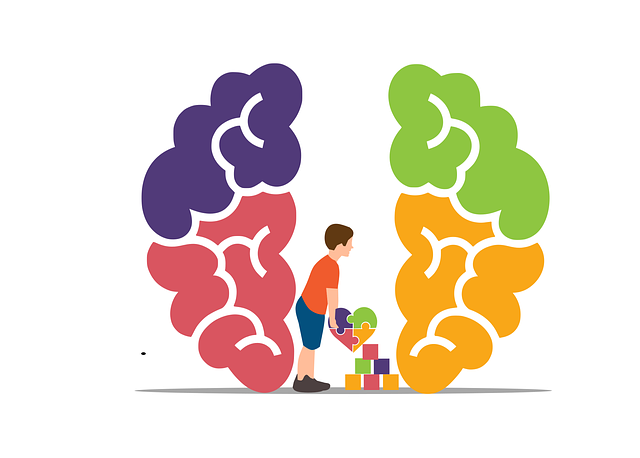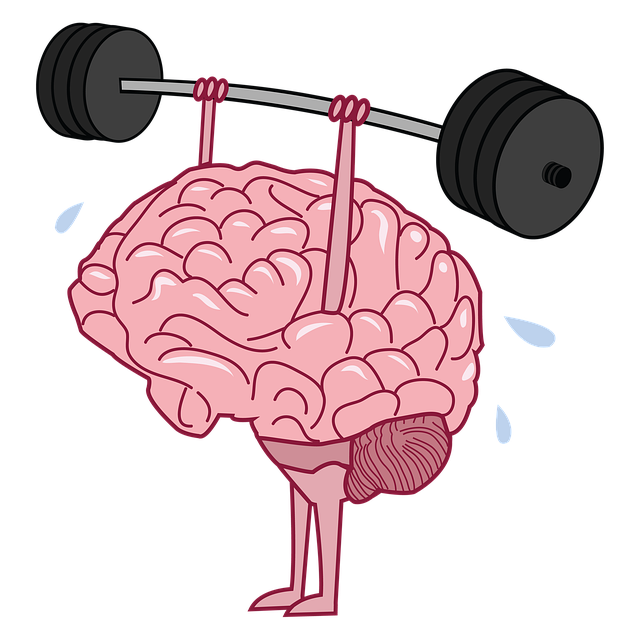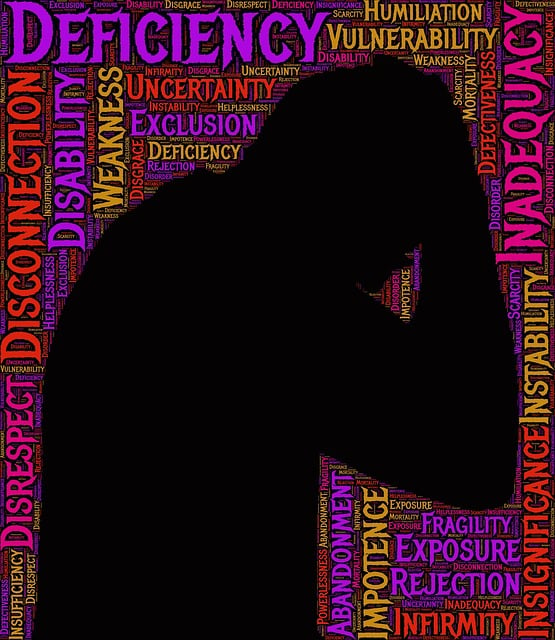Social Skills Training is a core component of Superior Suicide Prevention Therapy, addressing isolation and loneliness in individuals with depression, anxiety, or PTSD. By integrating Emotional Well-being Promotion Techniques, Trauma Support Services, and Risk Assessment, this approach enhances communication skills, builds resilience, and reduces suicide risk. Through targeted activities led by clinical practitioners, individuals learn coping mechanisms, positive self-talk, and empathy, breaking down mental illness stigma and promoting long-term recovery and improved quality of life.
Social skills training is a powerful tool in the realm of mental health support, especially for suicide prevention. This comprehensive guide explores the deep connection between social competencies and psychological well-being. We delve into how structured training can significantly enhance therapy, particularly focusing on superior suicide prevention practices. By examining effective strategies, clinical professionals can empower individuals to navigate social interactions with confidence, fostering a sense of belonging and improving overall mental health outcomes.
- Understanding the Connection Between Social Skills and Mental Health
- The Role of Social Skills Training in Suicide Prevention Therapy
- Implementing Effective Strategies for Social Skills Development in Clinical Practice
Understanding the Connection Between Social Skills and Mental Health

Social skills are integral to our emotional well-being and mental health. In many cases, individuals struggling with mental health conditions, such as depression, anxiety, or PTSD, may experience difficulties in social interactions, leading to feelings of isolation and loneliness. This disconnection from others can exacerbate their symptoms and even contribute to higher risks of suicide. Superior Suicide Prevention Therapy recognizes this critical link between social skills and mental health, highlighting the importance of fostering meaningful relationships and social support networks as a key component of recovery.
By integrating Emotional Well-being Promotion Techniques, Trauma Support Services, and effective Risk Assessment for Mental Health Professionals, training programs can empower individuals to navigate social situations more effectively. These interventions not only help individuals develop essential communication skills but also build resilience in the face of challenges, fostering a sense of belonging and connection that is vital for maintaining stability and promoting healing.
The Role of Social Skills Training in Suicide Prevention Therapy

Social Skills Training plays a pivotal role in Superior Suicide Prevention Therapy, addressing a critical gap in traditional treatment approaches. Many individuals struggling with mental health conditions, such as depression or post-traumatic stress disorder (PTSD), often face challenges in social interactions, leading to feelings of isolation and despair. Through structured programs, these training sessions equip individuals with essential communication, assertiveness, and relationship-building skills. By learning to navigate social situations effectively, individuals can foster meaningful connections, boost self-esteem, and reduce the risk of suicidal ideation.
This proactive approach is particularly impactful in conjunction with Trauma Support Services, as it helps break down barriers caused by mental illness stigma reduction efforts. Mental Wellness Coaching Programs Development can further enhance these training outcomes by providing ongoing support and guidance, ensuring individuals maintain newfound social confidence over time. Ultimately, integrating Social Skills Training into comprehensive therapy models paves the way for more effective suicide prevention strategies, promoting long-term mental health recovery and improved quality of life.
Implementing Effective Strategies for Social Skills Development in Clinical Practice

Implementing effective strategies for social skills development is a vital component of mental health treatment, particularly in Superior Suicide Prevention Therapy. Clinical practitioners play a crucial role in fostering emotional well-being promotion techniques that can significantly enhance clients’ lives. By integrating activities and exercises that target self-esteem improvement and emotional intelligence, therapists create an environment conducive to safe and meaningful social interactions.
These interventions often involve teaching practical coping mechanisms, encouraging positive self-talk, and promoting empathetic understanding. Such approaches not only aid in managing symptoms but also empower individuals to build and maintain healthy relationships. By combining these strategies, mental health professionals can effectively support clients in navigating social challenges, thereby improving their overall emotional well-being and quality of life.
Social skills training plays a pivotal role in enhancing mental health outcomes, particularly in superior suicide prevention therapy. By addressing the connection between social skills and mental well-being, as highlighted in this article, professionals can implement effective strategies that foster meaningful connections and support individuals struggling with various conditions. Integrating these approaches into clinical practice not only empowers individuals to navigate social interactions more confidently but also contributes to improved overall mental health and reduced suicide risk.












